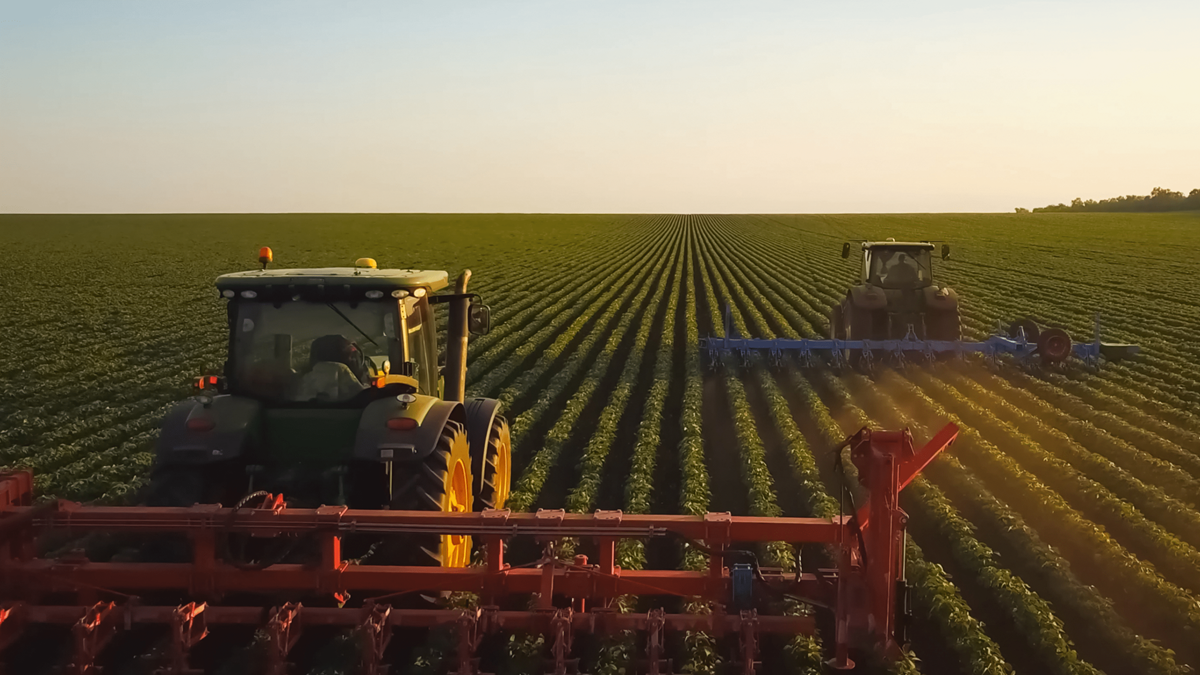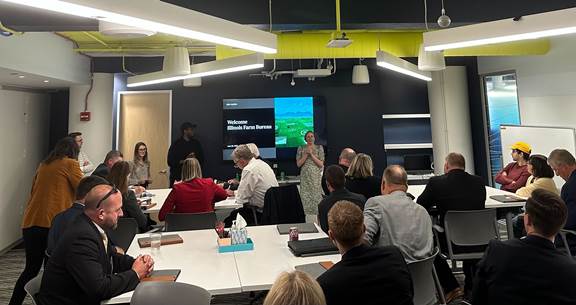Today, agriculture is not just about cultivating crops and rearing livestock. The industry is inextricably connected to technology, data, and more recently, sustainability. As demand for food increases and the planet's resources deplete, technological advancements are providing us with innovative ways to support our food system by optimizing farm operations, reducing waste, and promoting a more sustainable future.
At the heart of this digital evolution are the agronomists and farmers who are adapting their practices to support that ever-growing need. Although some have been working toward this goal longer than others, recently there has been a global realization of the immense potential for data and technological solutions. Whether the problem is the inability to aggregate data from different sources to gain more comprehensive insights, lacking a viable alternative to a complex data collection process when applying for government subsidies, or difficulty collecting data to verify carbon credits, the need for simple, cost-effective solutions is undeniable.
There are hurdles on the path to sustainability and digital transformation, though. While many solutions promise long-term benefits, farmers often struggle with implementation due to typically complex technology, the obligation of significant upfront investment, and concern of the inherent risk associated with significant change.
Of course, the very nature of these challenges underscores the necessity of user-centered design. After all, a truly worthwhile digital solution that solves a practical problem has to be easy to work with, affordable, and relatively risk-free.
Discovering the challenges faced by farmers
Visiting with the Illinois Farm Bureau brought farmers and industry professionals together to learn more about the difficulties farmers face and why they may feel hesitant to adopt sustainability practices. What we discovered has had an incredible impact on how we design products for the agricultural vertical.
Primarily, we heard uncertainty about the assurance of a return on investment in sustainability projects. Farmers, especially the small shareholder farmers who don’t have access to capital and rely on short-term gains. Predicting a reliable return on investment, particularly around sustainability initiatives, is a challenging and long-term process at odds with this need.
Furthermore, many farmers feel left behind by the current carbon credit systems. Those who proactively shifted their farming techniques towards sustainability found the reward didn’t justify the risk. They realized that, because these systems are incentivizing behavior change rather than rewarding established sustainable practices, long-term adopters are left out. Add to this the confusing standards and varying prices across carbon markets, and the reason for their ambivalence is clear.

